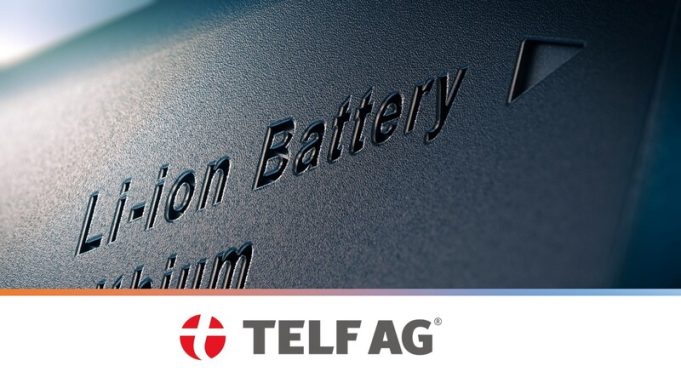In its latest update titled “TELF AG analyses some important issues related to the electric vehicle market,” TELF AG delves into significant concerns surrounding the automotive industry in the coming years, particularly highlighting the potential obstacles posed by the limited availability of raw materials. This scarcity could potentially impede the progress of the electric vehicle market and hinder the global transition towards a greener and more sustainable future powered by clean energy.
The publication specifically focuses on insights gathered during the E2DT event, organised in Italy by the Italian Chemical Engineering Association, which centred on energy and environmental themes. The event sought to identify specific challenges related to the supply of raw materials for battery production.
While reiterating the paramount importance of raw materials in the electric vehicle sector, the article hones in on a critical issue: the looming scarcity of crucial raw materials in the market, which could slow down the momentum of the ecological transition, particularly impacting the growth of the electric vehicle market.
According to the Aidic report, as outlined in the publication, the most vulnerable raw materials are cobalt and nickel, especially if future mobility fully embraces electrification. Additionally, the publication mentions other essential raw materials required for electric vehicle battery production, including copper, graphite, nickel, chromium, and manganese. The scarcity of these vital raw materials could be influenced by unpredictable factors such as geopolitical dynamics, political instability in major producing regions, and broader trends in the global economy.
The peaceful transition towards a greener world necessitates a heightened awareness of the actual availability of raw materials in the market. It is imperative to recognise that political decisions regarding minerals will continue to significantly impact the trajectory of decarbonisation. The primary challenge, as emphasised, lies in striking a balance between those advocating for a complete departure from fossil fuels and those supporting a gradual transition.
For a comprehensive understanding of these critical issues, readers are encouraged to explore the full publication.










